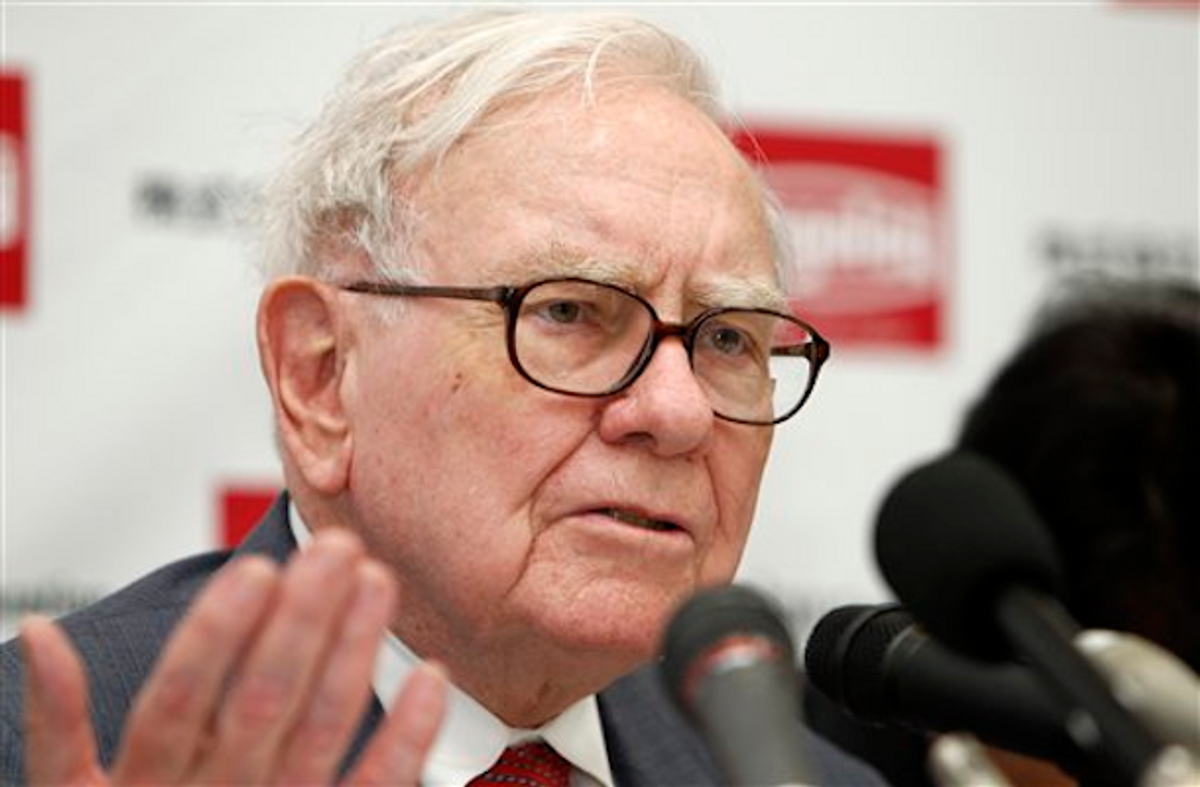Let Santorum and Romney duke it out for who will cut taxes on the wealthy the most and shred the public services everyone else depends on.
The rest of us ought to be having a serious discussion about a wealth tax. Because if you really want to know what’s happening to the American economy you need to look at household wealth — not just incomes.
The Fed just reported that household wealth increased from October through December. That’s the first gain in three quarters.
Good news? Take closer look. The entire gain came from increases in stock prices. Those increases in stock values more than made up for continued losses in home values.
But the vast majority of Americans don’t have their wealth in the stock market. Over 90 percent of the nation’s financial assets – including stocks and pension-fund holdings – are owned by the richest 10 percent of Americans. The top 1 percent owns 38 percent.
Most Americans have their wealth in their homes – whose prices continue to drop. Housing prices are down by a third from their 2006 peak.
So as the value of financial assets held by American households increased by $1.46 trillion in the fourth quarter, the wealthiest 10 percent of Americans became $1.3 trillion richer, and the wealthiest 1 percent became $554.8 billion richer.
But at the same time, as the value of household real estate fell by $367.4 billion in the fourth quarter, homeowners – mostly middle class – lost over $141 billion (owners’ equity is 38.4 percent of total household real estate).
Presto. America’s wealth gap – already wider than the nation’s income gap – has become even wider. The 400 richest Americans have more wealth than the bottom 150 million Americans put together.
Given this unprecedented concentration of wealth – and considering what the nation needs to do to rebuild our schools and infrastructure while at the same time saving Medicare and reducing the long-term budget deficit – shouldn’t we be aiming higher than a “Buffet tax” on the incomes of millionaires?
There should also be a surtax on the super rich.
Yale Professor Bruce Ackerman and Anne Alstott have proposed a 2 percent surtax on the wealth of the richest one-half of 1 percent of Americans owning more than $7.2 million of assets. They figure it would generate $70 billion a year, or $750 billion over the decade. That’s half the savings Congress’s now defunct Supercommittee was aiming for.
Instead of standing empty-handed while Santorum and Romney dominate the airwaves with their regressive Social Darwinism, Democrats need to be reminding Americans of what’s happening in the real economy – and what needs to happen.
The wealth gap is widening into a chasm. A surtax on the super rich is fair — and it’s necessary.



Shares